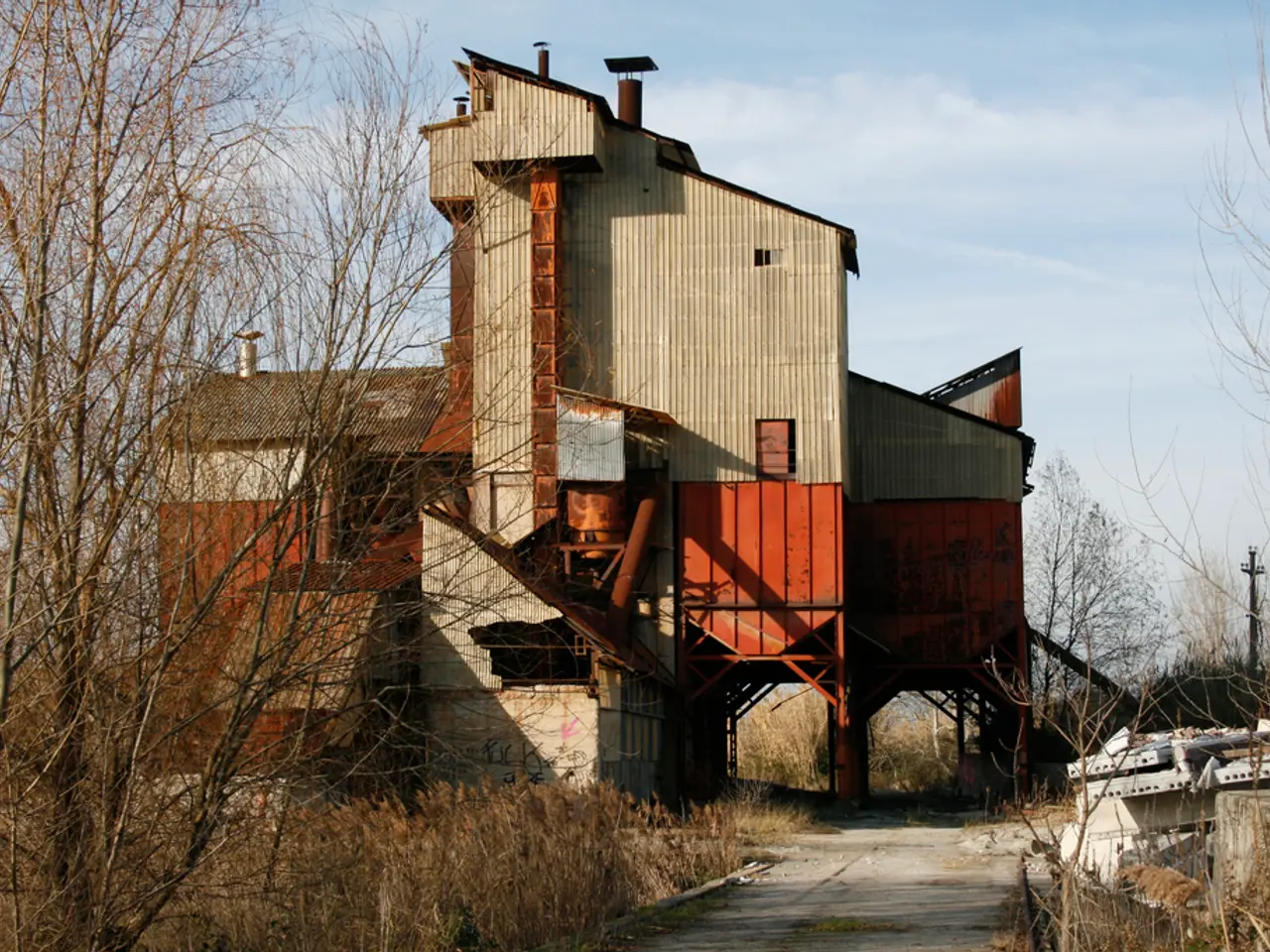Struggle Against Corruption in Ukraine: Zelensky Restores Law, Yet Resistance Persists
The political landscape in Ukraine is undergoing a significant shift following a unanimous vote by the Verkhovna Rada, the country's parliament, to restore the independence of the National Anti-Corruption Bureau (NABU) and the Specialized Anti-Corruption Prosecutor’s Office (SAPO). This move reverses a previous decision by President Volodymyr Zelensky that placed these key anti-corruption agencies under the control of the prosecutor general [2][4].
The vote, which saw all 331 deputies in favour, is seen as a necessary step to maintain Ukraine's European Union aspirations and Western support. The decision comes after Zelensky faced significant political backlash and public protests, including brawls in parliament, following his initial decision to curb NABU and SAPO's independence [2][4]. Critics argued that this move could damage Ukraine's EU integration prospects and undermine the anti-corruption reforms that have been vital since the Russian invasion began.
The president has acknowledged the protests and emphasized the importance of listening to public opinion after the vote, which has temporarily restored his political standing. However, the controversy exposed vulnerabilities in his leadership and strained relations with European partners who view anti-corruption efforts as non-negotiable for Ukraine's future [4].
NABU currently has 270 detectives, and SAPO has 40 independent prosecutors. The agencies only investigate cases involving interests exceeding $40,000. In the past, two investigators who were imprisoned were investigating close associates of the government [1]. Historian Yaroslav Hrytsak observes that the government is tending towards authoritarianism but that civil society prevents the government from falling into corruption [1].
The controversy has also raised concerns from within Ukrainian society. Valerii Pekar, a political analyst, argues that Zelensky has lost part of his legitimacy due to the recent political crisis. He also notes a decoupling between Zelensky and Ukrainian society [1]. Historian Yaroslav Hrytsak fears that Zelensky and his inner circle ignore the sense of injustice generated between the sacrifices made by the population and the existence of a group of war profiteers [1].
However, Oleksandr Klymenko, head of SAPO, argues that NABU and SAPO have proven their effectiveness in fighting corruption over the past three years. He also states that the lie detector test practice already existed [1]. Recently, whistleblowers have stopped cooperating with NABU, which will have significant consequences, according to Klymenko [1].
The new law also requires all employees of NABU and SAPO to undergo a lie detector test to verify they are not under the influence of a foreign power [2]. The same deputies had previously voted to place NABU and SAPO under the control of the Ukrainian prosecutor general.
The political challenges domestically are occurring alongside a difficult security environment. International discussions continue, including those by the UN Security Council focused on the broader crisis in Ukraine amid ongoing hostilities [3]. Russian leadership comments also referenced this internal political turmoil in Kyiv when assessing prospects for peace [1].
In summary, the controversy surrounding Zelensky's leadership has been a test for the president, who has faced significant backlash and strained relations with European partners. The unanimous vote to reinstate NABU and SAPO’s independence has helped to quell protests and regain some political ground, but it has also underscored the fragility of his domestic support and complicated Ukraine’s path toward EU accession [2][4].
The unanimous vote to restore NABU and SAPO's independence, key anti-corruption agencies in Ukraine, is a significant step in the ongoing policy-and-legislation efforts to address war-and-conflicts and promote general-news topics such as politics and anti-corruption reforms. This move comes after a period of political backlash and public protests, highlighting the importance of maintaining public trust and addressing concerns related to policy-and-legislation and politics.
The controversies surrounding Zelensky's leadership and the independence of NABU and SAPO have raised concerns from within Ukrainian society, as well as international discussions focused on the broader crisis in Ukraine. These events demonstrate the complex relationship between policy-and-legislation, politics, and public opinion, not only within Ukraine but also in its relations with European partners and global communities in the context of ongoing war-and-conflicts.






